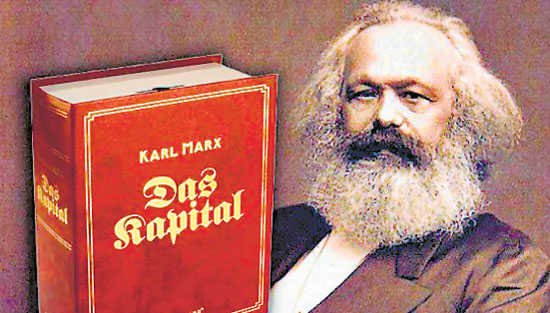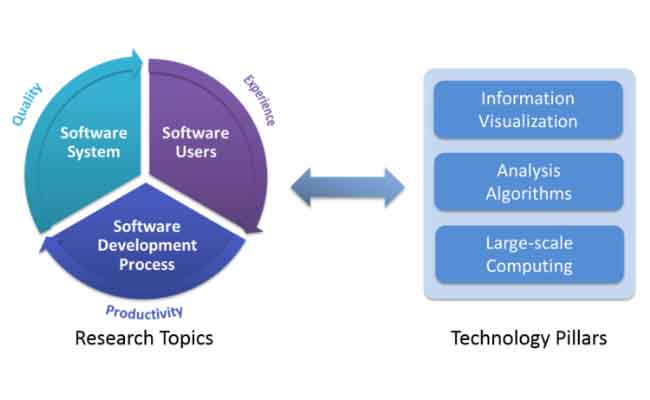Das Kapital, written by the German philosopher and economist Karl Marx, is one of the most influential books in modern political and economic thought. First published in 1867, the book presents Marx’s analysis of capitalism and its inner workings, exploring how economic systems shape society, labor, and wealth distribution. Marx’s work remains relevant today, influencing economists, sociologists, political leaders, and activists worldwide.
Overview of the Book
The full title of the book is Das Kapital: Kritik der politischen Ökonomie (Capital: Critique of Political Economy). It is a comprehensive study of the capitalist system, examining the relationships between labor, production, and capital accumulation. The book is divided into multiple volumes, although only the first was published during Marx’s lifetime, with subsequent volumes edited and released by his collaborator Friedrich Engels.
Key Concepts
- Labor Theory of Value: Marx argued that the value of a commodity is determined by the socially necessary labor time required to produce it.
- Surplus Value: The difference between the value created by labor and the wages paid to workers, which Marx claimed is the source of profit for capitalists.
- Capital Accumulation: Marx explained how capitalists reinvest surplus value to generate more wealth, leading to concentration of capital and social inequalities.
- Exploitation: The book details how the capitalist system inherently exploits workers, creating class conflicts between the bourgeoisie (owners) and the proletariat (workers).

Impact on Society
Das Kapital has had a profound impact on political ideologies and economic thought. It laid the foundation for Marxism, inspiring revolutionary movements and influencing labor rights and socialist policies worldwide. Governments, political parties, and intellectuals have debated Marx’s ideas for over a century, reflecting both admiration and criticism.
Relevance Today
Even in the 21st century, Das Kapital is studied to understand economic inequality, globalization, and the dynamics of capitalism. Its analysis of how profit motives influence labor, production, and societal structures continues to provide insights into modern economic challenges, including income disparity and labor exploitation.
Karl Marx’s Das Kapital remains a cornerstone in the study of economics, sociology, and political theory. By analyzing capitalism critically, the book challenges readers to rethink wealth, labor, and power in society. Its enduring influence proves that Marx’s ideas continue to resonate with scholars and policymakers across the globe.
Nobel Prize 2025: A Year of Breakthroughs & Global Impact
The Adventures of Tintin: A Timeless Comic Series
![]()





